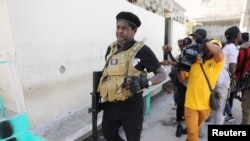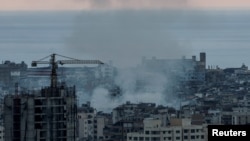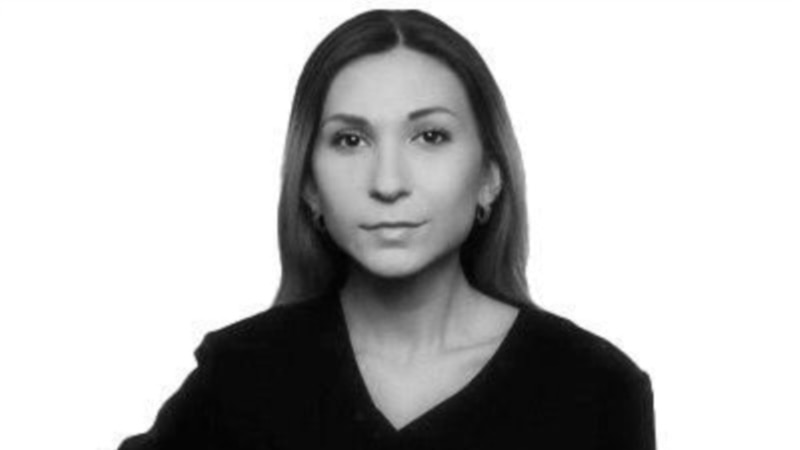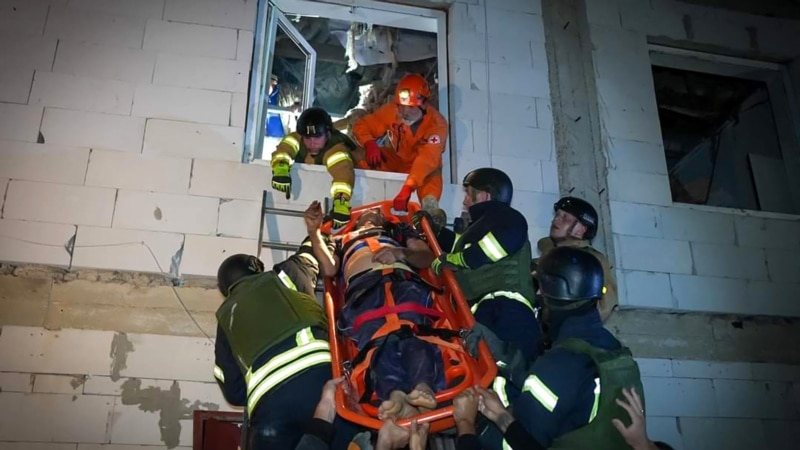President Irfaan Ali of Guyana says Prime Minister Ariel Henry of Haiti has resigned.
Ali made the announcement late Monday in the Jamaican capital of Kingston, where leaders of the regional body Caribbean Community, or CARICOM, have been meeting to discuss the crisis in Haiti. Ali said Henry will step aside to allow for the establishment of a transitional authority.
Henry’s reported resignation comes a week after his plane was forced to land in the U.S. Caribbean territory of Puerto Rico when it was denied entry into the Dominican Republic, which shares the island of Hispaniola with Haiti.
Henry departed Haiti the week before on a mission to the South American nation of Guyana and the east African nation of Kenya to gain support for the deployment of a multinational United Nations peacekeeping force to Haiti, which has been plagued by brutal and uncontrolled gang violence in the capital, Port-au-Prince, and beyond.
The gangs used Henry’s absence to attack the National Penitentiary and another prison in Port-au-Prince, killing several people and allowing thousands of inmates to escape into the city. Gangs also staged shooting attacks on Haiti’s main airport.
Jimmy “Barbecue” Cherizier, the leader of an alliance of gangs that staged last week’s attacks, told reporters Tuesday that the gangs would not allow Henry to return to Haiti and urged him to resign.
The government has declared a state of emergency and a nighttime curfew.
During the conference with regional leaders in Jamaica Monday, U.S. Secretary of State Antony Blinken announced that Washington would contribute an extra $100 million to support the U.N.-backed security force in Haiti , along with another $33 million in humanitarian aid.
Henry, a neurosurgeon by profession, has served as acting prime minister since the 2021 assassination of President Jovenel Moise plunged the Caribbean nation into chaos. He was scheduled to step down in February, but delayed elections due the worsening security situation and a political stalemate with opposition forces.
Some information for this report came from Reuters, Agence France-Presse.








